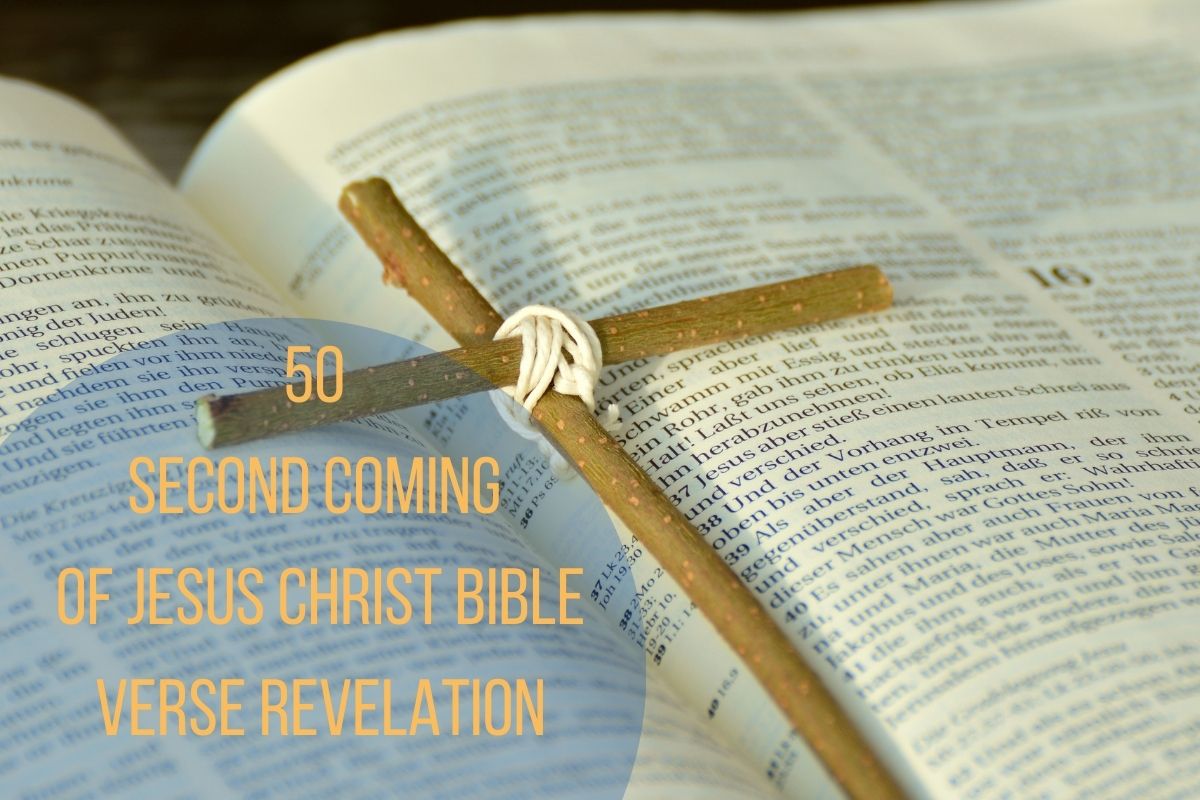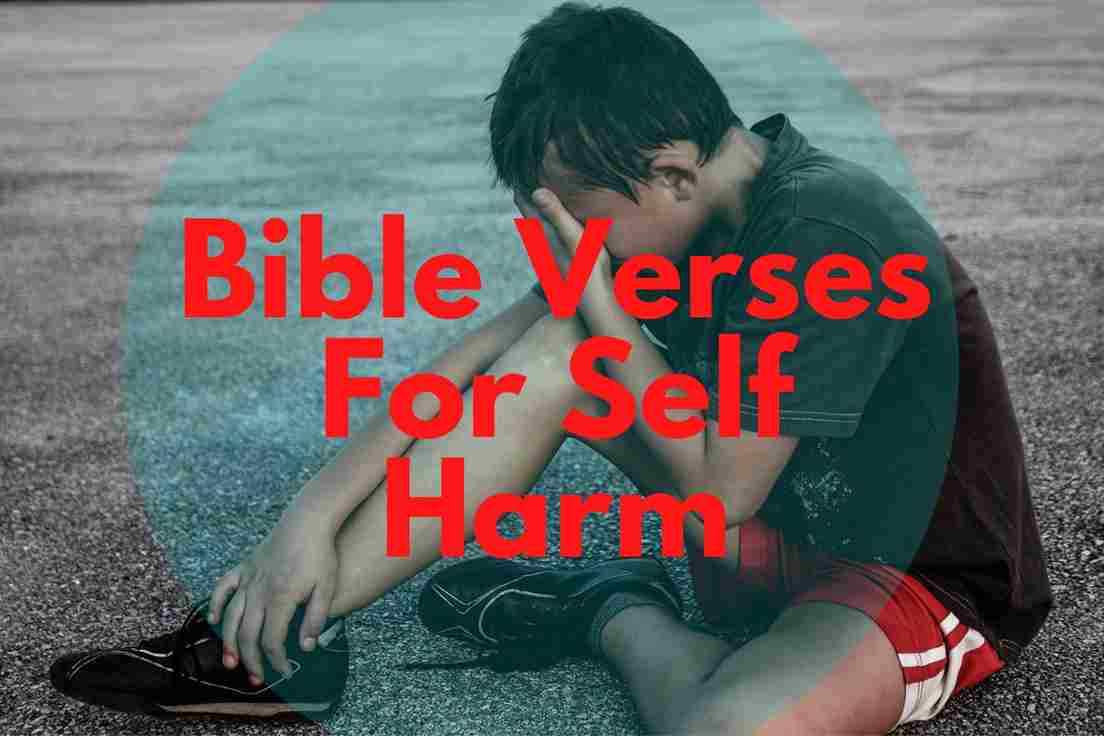In today’s world, body piercings have become a popular form of self-expression and adornment. As people explore various forms of body modification, it’s natural to wonder what the Bible, an ancient and revered text, has to say on the subject. Does it offer any guidance or wisdom regarding piercings?
In this article, we will embark on a journey to unravel the biblical perspective on piercings. We will delve into relevant scriptures, seeking clarity and understanding, as we explore the significance of piercings in the context of faith. Whether you’re curious about the moral implications or seeking guidance for personal choices, join us as we seek to uncover the timeless teachings of the Bible on this intriguing topic.
What Does The Bible Say About Piercings
The Bible does mention piercings in a few instances, but it does not provide a clear and direct answer regarding the general topic of piercings. It is important to note that interpretations of biblical passages may vary among different individuals and religious traditions. However, we can explore some relevant verses that touch upon the subject.
In the Old Testament, specifically in the book of Leviticus, there are references to piercings in the context of certain cultural and religious practices. Leviticus 19:28 states, “You shall not make any cuts on your body for the dead or tattoo yourselves: I am the LORD.” While this verse does not explicitly mention piercings, some interpret it to encompass any form of body modification, including piercings.
In the New Testament, the apostle Paul addresses the topic of adornment in 1 Timothy 2:9-10, where he advises women to dress modestly and focus on good deeds rather than external appearance. Some individuals interpret these verses to discourage excessive or attention-seeking adornment, which could potentially include piercings.
It is crucial to approach biblical teachings with discernment and seek guidance from religious leaders or scholars who can provide a comprehensive understanding of the texts in their historical and cultural contexts. Ultimately, personal beliefs and convictions, along with the guidance of one’s faith community, play a significant role in determining individual choices regarding piercings and other forms of body modification.
Definition and prevalence of piercings in modern culture
Body piercings have become increasingly prevalent in modern culture, with individuals adorning various parts of their bodies with decorative jewelry. Piercings can be found in areas such as the ears, nose, lips, tongue, eyebrows, and even more unconventional places. These piercings are often seen as a form of self-expression, a way for individuals to assert their identity and showcase their unique style.
Importance of understanding the biblical perspective on piercings
In the midst of this cultural phenomenon, it is crucial to consider the biblical perspective on piercings. The Bible is regarded by millions as a guide for life and offers wisdom on various topics. Understanding what the Bible says about piercings can provide individuals with a moral and spiritual framework to assess their choices in light of their faith. It helps believers navigate the tension between cultural trends and their personal convictions, ensuring that their decisions align with their understanding of biblical principles.
By exploring the biblical perspective on piercings, individuals can gain a deeper understanding of the moral, cultural, and spiritual implications surrounding this practice. This knowledge can empower believers to make informed decisions that are rooted in their faith and guided by their understanding of biblical teachings. It invites us to engage in a thoughtful examination of our choices and to seek wisdom and discernment in all aspects of our lives, including body modifications like piercings.
In the following sections of this article, we will delve into the historical and cultural context of piercings, examine relevant scriptures, and explore interpretations and applications of biblical teachings. Through this exploration, we hope to provide a comprehensive understanding of what the Bible says about piercings and offer guidance for believers seeking to navigate this topic in a manner that is faithful and true to their convictions.
Historical and Cultural Context
To understand the biblical perspective on piercings, it is important to examine the historical practices surrounding body piercings. Throughout history, various cultures have engaged in body modifications, including piercings, for a variety of reasons. These practices have often carried deep cultural, religious, or symbolic significance.
In ancient times, body piercings were prevalent in many civilizations. For example, ancient Egyptians adorned themselves with ear, nose, and lip piercings as a sign of wealth, status, and beauty. Similarly, Mayans and Aztecs practiced body piercings as part of their religious rituals and ceremonies. In some African tribes, specific piercings were seen as markers of identity and tribal affiliation.
Cultural significance of piercings in biblical times
Within the context of the Bible, piercings also held cultural significance. In biblical times, piercings were not uncommon and were often associated with particular customs or practices. For instance, in Genesis 24:22, Rebekah receives a nose ring as a gift during the betrothal process, signifying her engagement to Isaac. This suggests that piercings had cultural significance as symbols of commitment and marital status.
Additionally, in Exodus 21:6 and Deuteronomy 15:17, the practice of ear piercing is mentioned in the context of voluntary servitude. Slaves who willingly chose to remain with their masters would have their ears pierced as a symbol of their permanent bond. This practice highlights the cultural significance of piercings as visible signs of commitment and loyalty.
It is important to note that while the Bible acknowledges the existence of piercings and their cultural significance in certain contexts, it does not explicitly endorse or condemn the practice as a whole. The biblical teachings on piercings are primarily concerned with the principles underlying personal appearance, modesty, and devotion to God.
By understanding the historical practices of body piercings and the cultural significance of piercings in biblical times, we can gain a broader perspective on how piercings were perceived and valued within different cultural contexts. This historical and cultural context serves as a foundation for examining the biblical teachings on piercings and helps us interpret their significance in relation to faith and personal choices.
Scriptural References on Piercings
1. Levitical laws and regulations regarding piercings: The book of Leviticus contains laws and regulations given to the Israelites by God through Moses. Leviticus 19:28 specifically addresses the issue of body modifications, stating, “You shall not make any cuts on your body for the dead or tattoo yourselves: I am the LORD.” While this verse does not explicitly mention piercings, it is often interpreted as a broader prohibition against altering one’s body for personal or religious reasons.
2. Examples of individuals with piercings in the Old Testament: The Old Testament also provides examples of individuals who had piercings. For instance, Genesis 35:4 mentions Jacob burying foreign gods and earrings under an oak tree. In Judges 8:24-26, Gideon’s ephod, an object of religious significance, contained gold earrings taken from the defeated Midianites. These instances highlight the existence of piercings within the biblical narrative, but they do not necessarily provide specific moral judgments or guidelines regarding the practice.
New Testament teachings and principles
1. Exploration of passages that touch on personal appearance and adornment: In the New Testament, teachings regarding personal appearance and adornment can be found in passages such as 1 Timothy 2:9-10 and 1 Peter 3:3-4. These verses emphasize the importance of inner beauty, modesty, and a gentle and quiet spirit, rather than focusing solely on outward appearance. While these passages do not explicitly address piercings, they provide general principles that can guide believers in their choices regarding personal adornment.
2. Insights on the concept of the body as a temple of the Holy Spirit: The New Testament teaches that believers’ bodies are temples of the Holy Spirit (1 Corinthians 6:19-20). This concept emphasizes the importance of honoring and caring for one’s body, which includes making choices that align with one’s faith and values. While this teaching does not directly address piercings, it encourages believers to consider how their choices, including body modifications, reflect their commitment to Christ and their responsibility to live in a way that honors God.
When examining the scriptural references on piercings, it is important to approach them with discernment and consider the broader principles and teachings within the biblical context. While the Bible does not provide explicit guidelines on piercings, it offers wisdom and principles that can guide believers in making decisions about personal appearance and adornment. By seeking a holistic understanding of biblical teachings and applying them with wisdom and discernment, individuals can navigate the topic of piercings in a manner that aligns with their faith and reflects their devotion to God.
Interpretation and Application
A. Understanding the intent behind biblical teachings on piercings: When interpreting biblical teachings on piercings, it is essential to understand the underlying intent of these teachings. While the Bible may not provide explicit directives on whether piercings are inherently right or wrong, it offers principles and guidance that can inform our understanding. The intent behind biblical teachings on piercings is often centered on matters of the heart, personal devotion to God, and living in a way that reflects one’s faith.
B. Considering the principles of modesty, self-expression, and cultural relevance: In the context of piercings, principles of modesty, self-expression, and cultural relevance can guide believers in making informed decisions. Modesty encourages individuals to consider whether their choices in body adornment draw excessive attention to themselves or detract from their inner beauty and character. Self-expression recognizes that individuals may use piercings as a means to express their unique identity, but it should be done in a way that is respectful and aligns with their faith. Cultural relevance acknowledges that societal norms and perceptions can influence how piercings are perceived, and believers should be mindful of their impact on relationships and representing Christ to others.
C. Exploring the freedom and responsibility in personal choices regarding piercings: The Bible emphasizes the concept of freedom in Christ (Galatians 5:1), recognizing that believers have liberty to make personal choices within the boundaries of biblical principles. However, with freedom comes responsibility. Believers are called to exercise discernment and wisdom when making decisions about piercings, considering the potential spiritual, emotional, and relational implications. This responsibility includes seeking guidance from trusted spiritual leaders, studying Scripture, and prayerfully evaluating one’s motivations and intentions behind getting piercings.
It is important to note that personal convictions regarding piercings may vary among individuals due to cultural, denominational, or personal factors. Therefore, while the Bible provides general principles, the application of these principles may differ from person to person. Ultimately, each believer is responsible for seeking God’s guidance, studying the Scriptures, and aligning their choices with their understanding of biblical teachings and their personal relationship with God.
By considering the intent behind biblical teachings, principles of modesty and self-expression, and the freedom and responsibility we have as believers, we can navigate the topic of piercings in a way that honors God and respects our own convictions and the convictions of others. The goal is to make choices that align with our faith, reflect our devotion to God, and allow us to live as faithful followers of Christ in our daily lives.
Wisdom and Discernment in Making Personal Choices
Evaluating motivations and intentions behind getting piercings
When considering getting a piercing, it is crucial to evaluate our motivations and intentions behind this decision. Are we seeking to conform to societal standards or peer pressure? Are we motivated by a desire for self-expression or personal aesthetics? Taking time for introspection and honest self-reflection allows us to discern whether our motivations are rooted in healthy and authentic reasons.
Considering the impact of piercings on self-image, relationships, and spiritual life
Piercings can have a profound impact on various aspects of our lives. It is important to consider how they may affect our self-image, relationships, and spiritual well-being. Will the piercing enhance our self-confidence and positively contribute to our overall sense of self? Will it potentially create conflicts or misunderstandings within our personal relationships? Additionally, we should reflect on how our spiritual life may be influenced by our choice, ensuring that our actions align with our faith and do not hinder our relationship with God or our commitment to living a Christ-centered life.
Seeking guidance from trusted spiritual leaders and mentors
In matters of personal choices, including piercings, seeking guidance from trusted spiritual leaders and mentors can provide invaluable insight. These individuals can offer wisdom, perspectives, and advice grounded in their knowledge of Scripture and their understanding of our individual circumstances. Their guidance can help us navigate the complexities of this decision and provide a balanced viewpoint that takes into account both biblical teachings and practical considerations.
By engaging in this process of evaluation, reflection, and seeking guidance, we can exercise wisdom and discernment in making personal choices about piercings. It allows us to align our decisions with our faith, values, and the teachings of the Bible. Ultimately, the goal is to make choices that bring glory to God, contribute to our personal growth and well-being, and positively impact our relationships with others.
Conclusion
In this article, we have explored the topic of what the Bible says about piercings. We began by examining the definition and prevalence of piercings in modern culture and the importance of understanding the biblical perspective on this practice. We then delved into the historical and cultural context of piercings, exploring relevant scriptures from the Old and New Testaments. We discussed the principles of modesty, self-expression, and cultural relevance and emphasized the importance of wisdom, discernment, and evaluating our motivations and intentions behind getting piercings. Additionally, we highlighted the significance of seeking guidance from trusted spiritual leaders and mentors.
As we conclude, it is essential to approach the topic of piercings with open-mindedness and respect. The biblical teachings on piercings may not provide explicit answers to every specific situation, and individuals may hold differing convictions based on their cultural backgrounds, personal experiences, and understanding of Scripture. Therefore, we should engage in discussions about piercings with a spirit of respect, acknowledging the diversity of perspectives and allowing space for constructive dialogue and mutual understanding.
Ultimately, the decision regarding piercings is a personal one that should be made through personal reflection, prayer, and studying Scripture. By engaging in self-reflection, evaluating our motivations, considering the impact on various aspects of our lives, seeking guidance, and grounding our beliefs in the teachings of the Bible, we can make informed decisions that align with our faith and personal convictions. It is crucial to continually grow in our understanding of God’s Word, remaining open to His guidance as we navigate the complexities of this topic and other matters in our lives.






